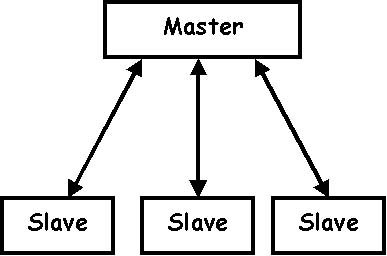Election time is also the season of the leaders and their disciples and
followers.
It is said in folk tales and middle class contexts that there are three kinds of leadership,one should be careful about. One is afraid, again these 'ancient theories' from Bengal originate in the thinking process and fertile brains of male chauvinism.
One, Stri Nayak (women leadership in the context of families), Shishu (child leadership) and third, Bhritya Nayak, that is leadership/guardianship of the
servant/subordinates. Even the illustrations are based on typically 'middle class' family plots.
Let us reverse the table. With Bhritya, that is Servant leadership; -- some families decide their priorities on how the servant/cook in the family will think. So when a
guest arrives, the cook Jagan Babu is asked, "Tell Jagan kaka our guest has come from Nagaland, what shall he eat". The servant will say -- "Sir, it is Rohu fish and prawns". The helpless guest is at the mercy of the Servant and his lunch is decided.
Of course, as a married man one is aware who decides certain things in life and in the family. Yes,that creature is called the 'Father in law's intelligent daughter'. The 'women power' we all call and want it for daughters and sisters and often resist for
someone else.
Of course, in such families men also feel proud to be called
henpecked. And then comes some families
where the baby 'Chunnu' will decide - what the uncle ji will have.
"Maggi" -- and the verdict is passed.
That Maggi could be poison for you but none can help.
With faithful servants -- there is quite an interesting English phrase -- 'The Man Friday'. Either the 'Man Friday' commits a blunder on a Thursday and the boss comes to the rescue on the Friday is immaterial; what matters most is often the
'powerful servants' will decide or contribute to the downfall of the king.
In Delhi -- the medieval period - of course often glorified in history books - gave us the so-called Slave Dynasty. Each ruler was a former 'slave'. One Web dictionary says the meaning of the phrase 'Man Friday' is an efficient and devoted aide or employee and also the right-hand man.
'Friday' is one of the main characters of Daniel Defoe's 1719 novel
Robinson Crusoe and its sequel
'The Farther Adventures of Robinson Crusoe'.
Robinson Crusoe names the man/his subordinate 'Friday' because they
first meet on that day. In contemporary
settings, we have the term 'Girl Friday' for a die-hard female subordinate.
When we try to study subordinates' or the 'followers' relationship
with the 'boss', it ought to be understood
that the relationship between superiors and their subordinates is not
always one-sided.
Another important facet is that while the subordinates may lack
'authority' in comparison with their
superiors, followers "do not lack" power and influence. And this is a
critical phase.
Good followers invest time and energy in making informed judgments
about who their leaders are and
what they espouse. Then they take the appropriate actions, says
Barbara Kellerman, an author and editor of
many books on Leadership.
She further says Good followers will actively support a leader who is
good (effective and ethical) and will actively
oppose a leader who is bad (ineffective and unethical).
Importantly, there are often commonalities of personal traits and
qualities between leaders and subordinates.
Experts say they are based on Integrity, Intelligence and Wise Judgment,
It is also found that some followers are effectively encouraged by
their superiors to take
matters into their own hands.
History gives us a good example of leader-follower ties.
Hitler’s most ardent disciple was Nazi propagandist Josef Goebbels. As
conditions in Germany began
deteriorating, with the Allies closing in, Goebbels remained close to
the leader —all along.
Shortly after the Führer (German word for leader, Hitler) committed
suicide, Goebbels took the most
radical diehard-type step when he and his wife took their lives along
with those of their six children.
Here it was unprecedented; without Hitler, they considered life not
worth living.
ends






No comments:
Post a Comment